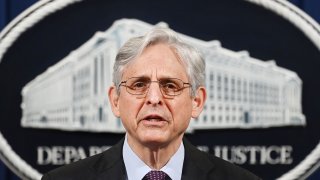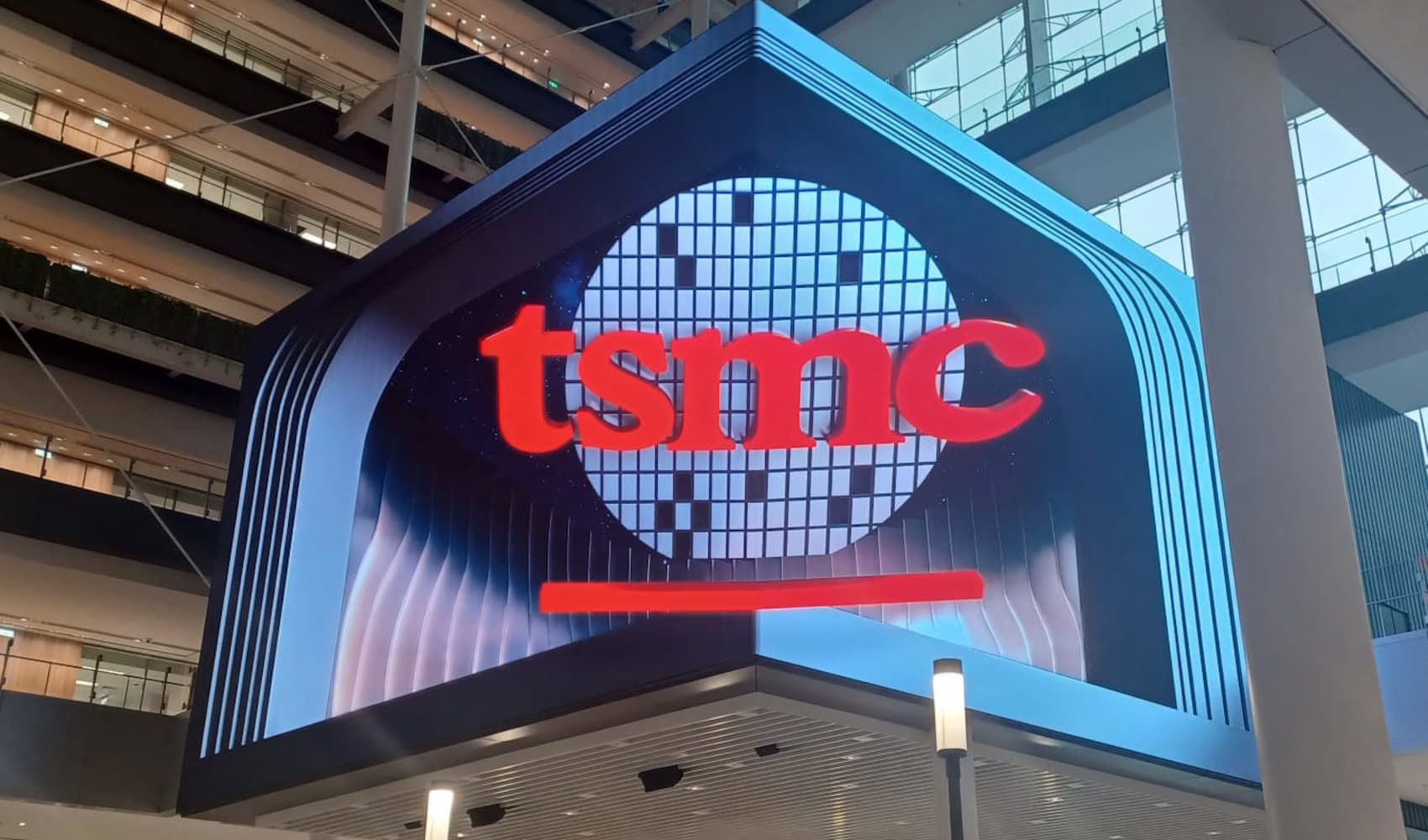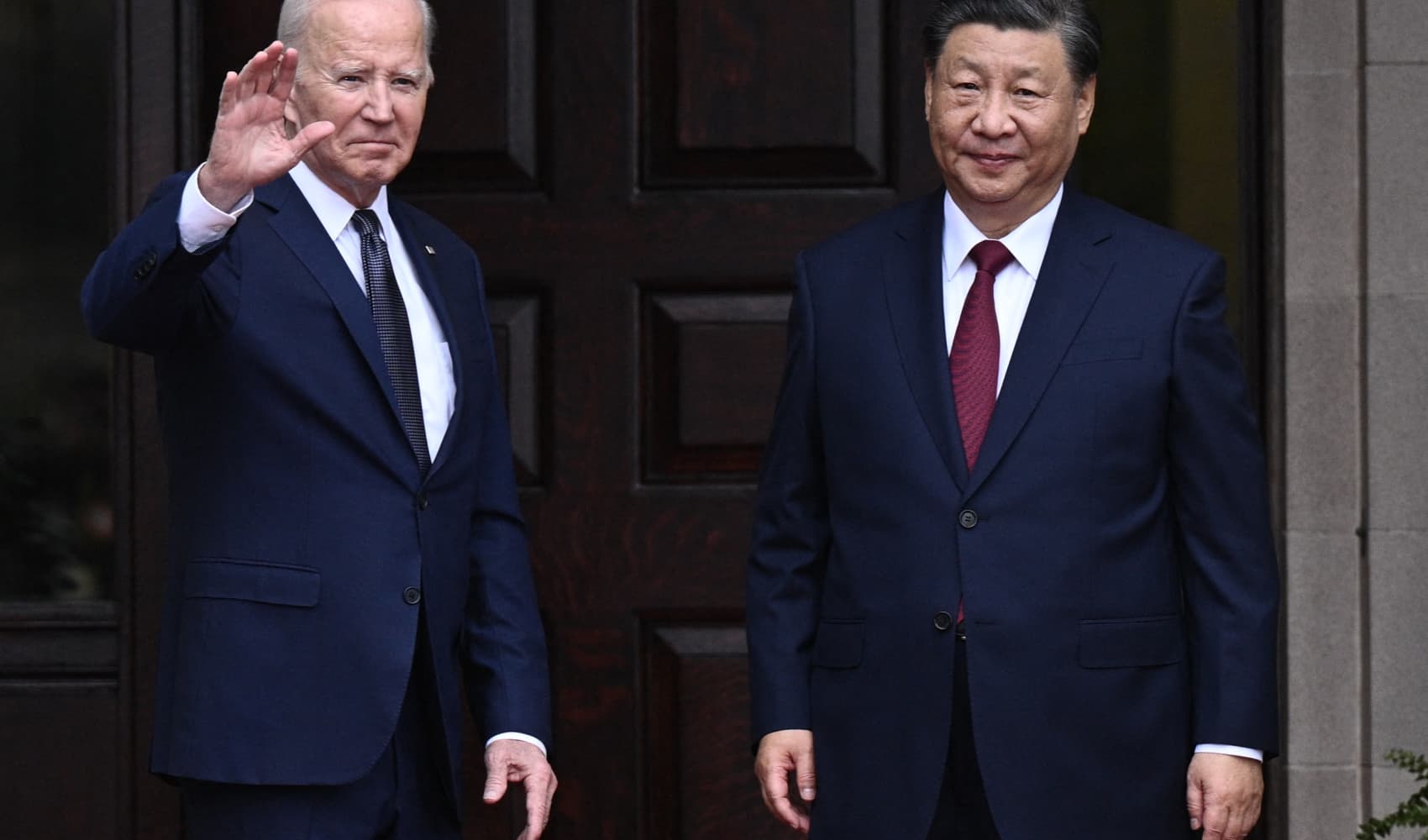
- The Supreme Court on Monday called for President Joe Biden's Department of Justice to weigh in on a pending case over affirmative action at Harvard University, signaling the court's interest in a dispute that could scale back the widespread use of race in higher education admissions.
- In an unsigned order, the justices requested a brief from acting Solicitor General Elizabeth Prelogar expressing "the views of the United States." Such a move is often a prelude to the court ultimately deciding to hear a case, though not always.
- Monday's move also has the potential to delay the litigation, even if the court eventually votes to consider the case.
The Supreme Court on Monday called for President Joe Biden's Department of Justice to weigh in on a pending case over affirmative action at Harvard University, signaling the court's interest in a dispute that could scale back the widespread use of race in higher education admissions.
In an unsigned order, the justices requested a brief from acting Solicitor General Elizabeth Prelogar expressing "the views of the United States." Such a move is often a prelude to the court ultimately deciding to hear a case, though not always.
Monday's move also has the potential to delay the litigation, even if the court eventually votes to consider the case. If the court agrees to hear it in its term beginning in October, a decision would be likely by June 2022. If the court doesn't hear the case until the term after that, the decision may not appear until the summer of 2023. It requires the votes of four justices to take up a case.
Get Boston local news, weather forecasts, lifestyle and entertainment stories to your inbox. Sign up for NBC Boston’s newsletters.
The dispute, known as Students for Fair Admissions v. President and Fellows of Harvard, No. 20-1199, was brought by a group led by the anti-affirmative action activist Edward Blum. Students for Fair Admissions said that Harvard's limited consideration of the race of its applicants discriminates against Asian applicants in favor of white applicants. That runs afoul of Title VI of the Civil Rights Act of 1964, they argue.
A federal appeals court rejected the group's arguments in November, finding that its "limited use of race in its admissions process in order to achieve diversity" was consistent with Supreme Court precedents. In February, Students for Fair Admissions filed a petition with the Supreme Court asking the justices to hear its appeal of that decision.
The Supreme Court has repeatedly upheld limited uses of affirmative action, though it has not considered the matter since President Donald Trump appointed three new conservative members, who could shift the court's view of the practice. In addition, Chief Justice John Roberts, who wields some influence over the court, has expressed views fiercely antagonistic to affirmative action.
Money Report
William Consovoy, an attorney for Blum's group, warned of dire consequences if the decision from the 1st U.S. Circuit Court of Appeals was allowed to stand. In his petition he said if that happens, "then universities can use race even if they impose racial penalties, make backward-looking racial adjustments, ignore critical mass, eschew sunset provisions, and identify no substantial downsides to race-neutral alternatives."
Harvard has fiercely defended its practices. On a web page dedicated to the lawsuit, Harvard has called the challenge "politically motivated" and said that it could cripple the "ability of colleges and universities across the country to create the diverse communities essential to their educational missions and the success of their students."
Biden's Justice Department is likely to urge the justices not to hear the case and to leave the lower court opinion standing. The administration has already pared back moves made under Trump to fight the use of race in admissions.
In February, the Justice Department dropped a suit against Yale over that elite university's admissions practices. Under Trump, the department alleged that Yale was discriminating against Asian and white applicants.
The Justice Department and the solicitor general's office did not respond to a request for comment.
The Supreme Court last considered affirmative action in 2016, when it upheld by a vote of 4-3 the use of a "Personal Achievement Index" that factored in race in the admissions process at the University of Texas at Austin.
Now-retired Justice Anthony Kennedy, who delivered the opinion of the court in that case, warned that affirmative action policies would likely require continual refinement.
"Considerable deference is owed to a university in defining those intangible characteristics, like student body diversity, that are central to its identity and educational mission," Kennedy wrote. "But still, it remains an enduring challenge to our Nation's education system to reconcile the pursuit of diversity with the constitutional promise of equal treatment and dignity."
Subscribe to CNBC Pro for the TV livestream, deep insights and analysis on how to invest during the next presidential term.






